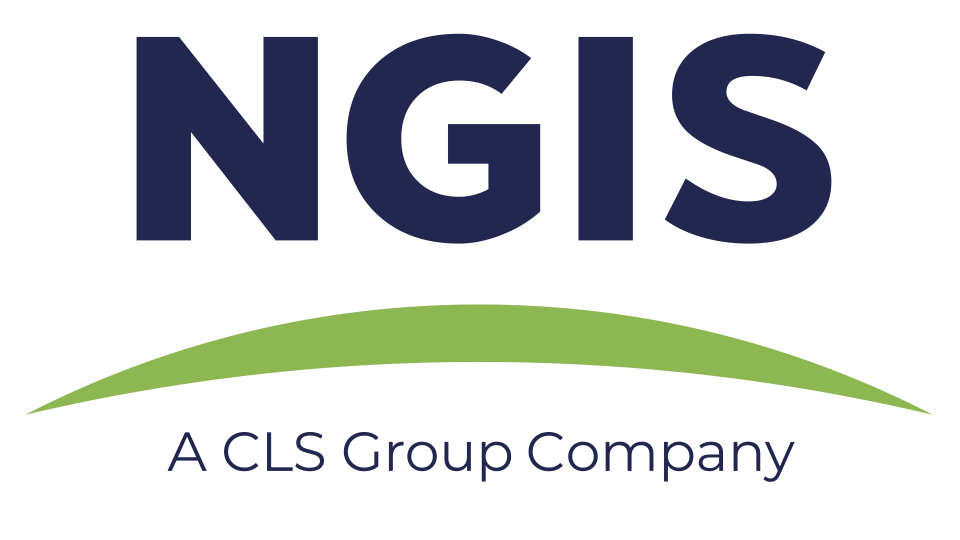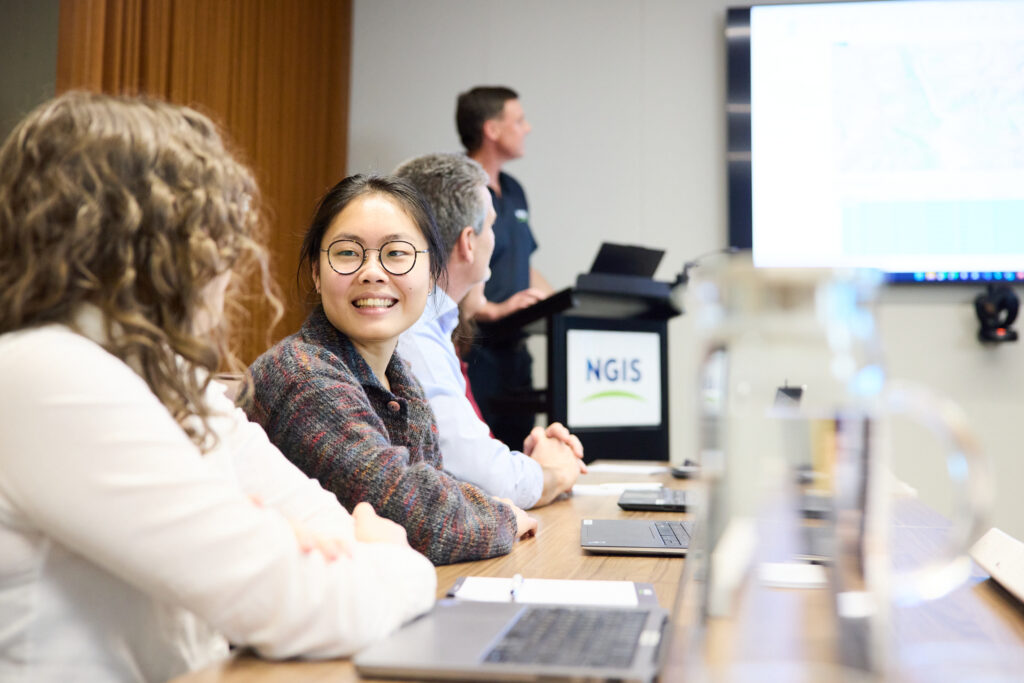UNWGIC convenes to address global challenges
NGIS’ Director of Services Nathan Eaton went to China in November to discuss the global challenges that GIS can help address.
The inaugural United Nations World Geospatial Information Congress (UNWGIC) held in Deqing, China, was a landmark event for the international geospatial community to discuss and address significant global challenges.
Participants of the event included geospatial experts and representatives from the highest levels of government across the world.
Discussions at the Congress were underpinned by the United Nations Sustainable Development Goals, which address the global challenges we face including those related to poverty, inequality, climate, environmental degradation, prosperity, peace and justice.
Other key focus areas at the Congress included:
· Measuring and monitoring SDG’s
· Digital Economy and Location Analytics
· Smart, Resilient and Sustainable Societies
· Growing Capacity
· International Partnerships and Sustainable Development in Action
Australia was well represented at the event, with SSSI hosting a booth in the exhibition centre, Stuart Minchin (Chief, Environmental Geosciences Division at Geoscience) presenting at a plenary session, and many other Australians presenting and involved in panel sessions, including Nathan Eaton.
Andy Barnicoat, Chief, Positioning and Community Safety Division at Geoscience Australia was announced as the incoming president of the Regional Committee of United Nations Global Geospatial Information Management (UNGGIM) for Asia and the Pacific, a significant and influential position which will enable Australia to continue to make a considerable impact on the region.
NGIS perspective
Nathan Eaton outlined some of the highlights of UNWGIC upon his return:
“There were a number of quotes and themes that resonated with me throughout the Congress.
The first was a well known quote from Charles Darwin, highlighted by Jack Dangermond, President at ESRI – ‘It is not the strongest of the species that survives, nor the most intelligent that survives. It is the one that is the most adaptable to change’.
This is pertinent to the digital disruption and evolution taking place across government, industry and research. A recent World Economic Forum report estimated that the advancement of robotics and artificial intelligence will make 75 million jobs obsolete by the year 2022, however, over this same period 133 million new jobs will be created. This shows us that change is inevitable and the successful will be able to adapt.
The second theme of note was the importance of earth observation data. There were a number of presentations relating to the use of earth observation data, including my own, which discussed the increased value of earth observation initiatives that have evolved since having the compute to scale analytics at an unprecedented level.
With new satellites and sensors, we are becoming data rich. The opportunity is now to take this data and produce the answers that will lead to better decisions.
Finally, I was impressed by the advancement of technology and innovation, particularly in China. The UNWGIC showcased a Geospatial museum which demonstrated the impact geospatial has had across a wide range of industries. This ranges from China’s Celestial Eye “FAST”, which became the world’s largest single-dish radio telescope designed to receive electromagnetic waves from the depths of the universe, to the newly opened Hong Kong-Zhuhai-Macau Bridge, the world’s longest sea crossing bridge that includes a 7km underwater tunnel for ships to cross”.
The UNWGIC concluded with the issuing of the Moganshan Declaration which will be made available on the UNGGIM website.
Related Articles
Here are more related articles you may be interested in.








